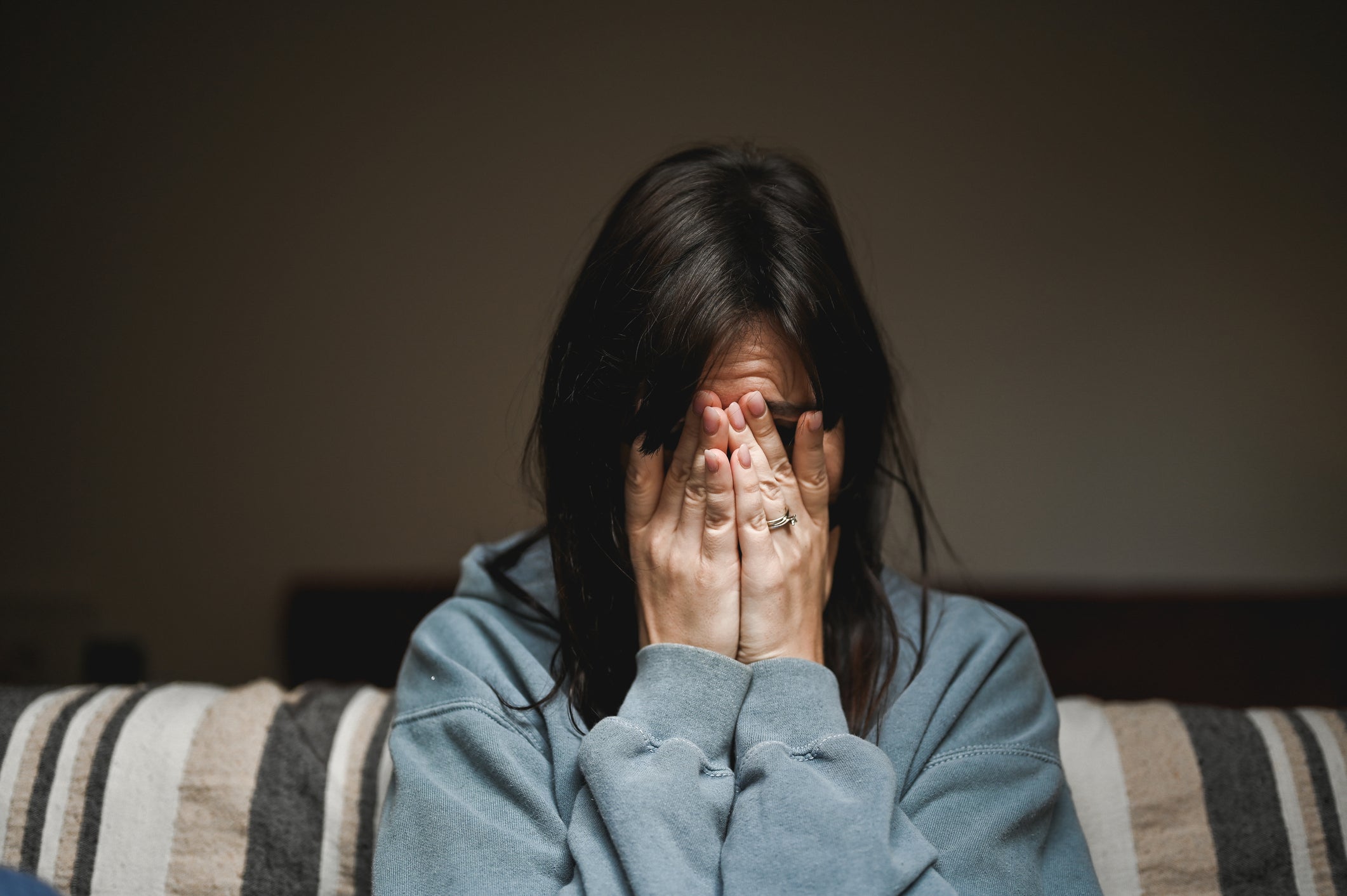While mental health awareness is improving, many people still suffer in silence.
According to mental health statistics UK 2025, conducted by Priory, one in four adults in England will experience a mental health problem each year.
These numbers give indication as to why the conversation surrounding mental health should be ongoing and also highlights the importance of knowing what it is and the signs to look out for.
We spoke with registered counsellor at BetterHelp, Brian Back about some telltale signs your mental health may be suffering, and solutions to help people feel better and get back on track.

Changes in sleep
“If people start to really struggle with their sleep, such as not getting enough hours of sleep, or if it seems like however much they sleep, it just doesn’t feel like it’s enough – all of those could be signs they are having difficulty relaxing and switching off their minds,” Back says.
“Not getting enough sleep can be an issue that drags us down in many ways – physically, emotionally and mentally.”
A struggle to focus or concentrate
“When struggling with mental health, people often find it hard to focus because their mind is going everywhere. They can also feel a little shaky feeling in their stomach, which further increases the difficulty to focus on anything,” Back says.
“This is a really important sign that something may be going on.”
Mood swings and becoming irritable easily
“All of these signs are connected. A lack of sleep can lead to mood swings and getting irritated really easily. As soon as our sleep starts to suffer, our mood starts to suffer and is much more likely to make us become irritable,” says Back.
“Of course, if this does happen and we become snappy it can become a problem that not only impacts us individually, but also our relationships or work.”
Changes in appetite
“Very often, if we’re feeling anxious it can make it hard to want to eat. If we’re feeling shaky and our minds are constantly racing, it can be hard to even notice that we’re feeling hungry and that we need to eat,” Back says.

“On the other side, we might start to eat more. Often people comfort eat when they aren’t feeling great – particularly carbs – which can lead to them feeling a little bit slow and stodgy and even gaining weight, which could exacerbate these feelings.”
Social isolation
“I believe everyone noticed isolation in particular as we went through and came out the other side of the COVID-19 pandemic,” Back says. “A noticeable sign that’s connected to low mood is when people become more isolated.
“Very often, the way we deal with feeling like this is to isolate from people. We start to tell ourselves that people wouldn’t want to hear from us again, and so often you hear people saying they don’t want to be a burden. However, it is at these times what we actually need is the opposite of what we believe.”
Back explains that we all have trackers for our physical health through watches, apps and many other metrics. He says that keeping on top of these signs and being aware of them can be a way to track our mental health.
“I always advise my clients to have regular, at least daily, check-ins and to do the three W’s as a journal or conversation prompt,” he explains.
The Three W’s
“The first is to ask ourselves – what am I feeling? This is the most important and the best way to start getting in touch with our feelings and know that we need to listen to them – which very often people don’t,” Back says.
“We have such a tendency to lock our feelings away,” he says. “But it’s really important to check in and ask ourselves this question.
“From there, once we have maybe noticed we are feeling something, the next question is – why might I be feeling like this? This could be because of an argument with a partner that didn’t go that well or perhaps your boss asked to see you and you’re worried. Whatever it might be, we need to recognise we’re feeling it and where it came from.
“The final step is – what might I need to do about it? Maybe you need to check in with your partner and say you’re not sure how the last conversation went and ask how they are feeling, perhaps getting more exercise or focusing on your sleep routine could help. Whatever the situation is, going to face our fears rather than sitting with anxiety or low feelings is often such an important strategy.”
It’s SAD time again: Here are five easy steps to fight seasonal affective disorder
A simple text exchange might be enough to help improve depression symptoms
Even a little bit of exercise can turn that frown upside down
This is how much exercise you need to do to reduce your heart disease risk
The often dismissed pregnancy symptom that should be taken seriously
How old is too old for running? Here’s what the science says







